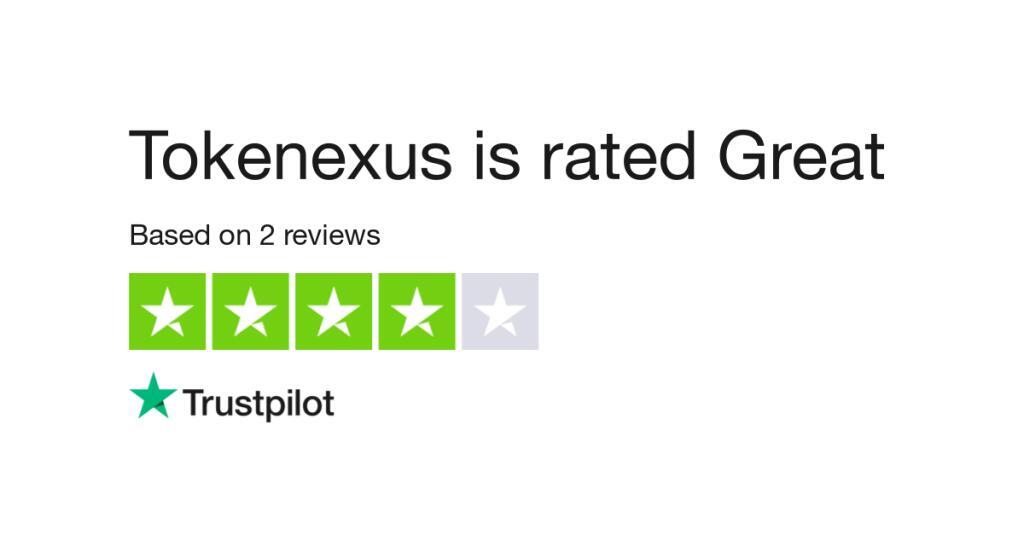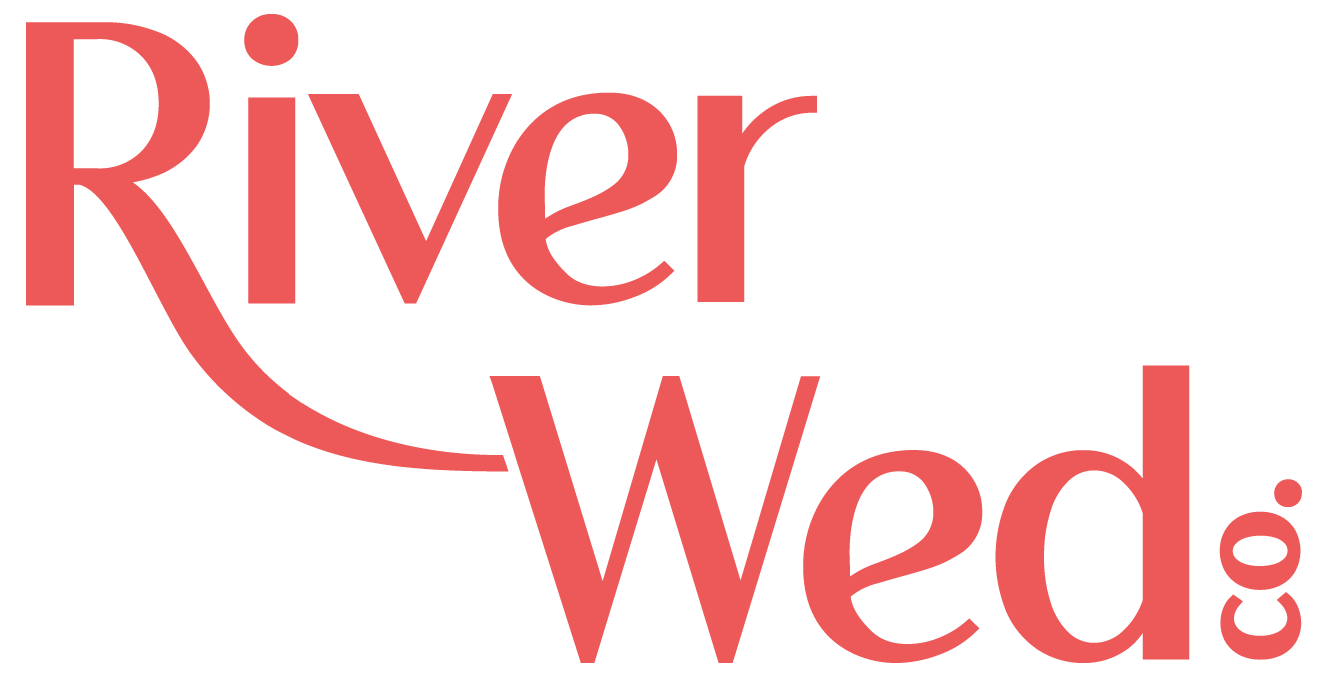
Since the $5,000 on gas was consumed in Year One and all of its value has been provided during Year One its full cost is properly offset against the income of Year One. On the other hand, the truck will contribute to income in Year One, but also contribute to income in future years. Since the truck’s benefits are spread over the years that the truck is in use, we will want to spread the cost of the truck over those subsequent years as well.
Hotel costs: How to reduce expenses and boost revenue – Hospitality Net
Hotel costs: How to reduce expenses and boost revenue.
Posted: Tue, 05 Sep 2023 09:13:00 GMT [source]
The payment is made in cash or credit, or the assets are swapped for other ones. On the other hand, spending may be described as spending in the long run on an item that provides a long-term advantage, such as a building, furniture, or plant. In the case of spending, the benefits are realized over a lengthy period, frequently more than a year. It not only implies a monetary outflow from the business; it may also indicate a flow or depletion of support, the transfer of property, and a rise in the firm’s obligations. Expenses are costs incurred in the course of running a business or personal life.
Company
The automobile asset is being consumed gradually, so we are using depreciation to eventually convert it to expense. The inventory item is consumed during a single sale transaction, so we convert it to expense as soon as the sale occurs. To make sure you’re using expenses and expenditures efficiently in your business, start by categorizing them separately on your books. Keeping detailed https://online-accounting.net/ records will help you track where your money is going and better understand which costs are necessary for operating your business. By monitoring your spending patterns regularly, you can identify areas where you may need to cut back or make adjustments to reduce costs. This allows you to allocate more resources towards other aspects of your business that generate revenue efficiently.
- As a business owner, understanding the difference between expenses and expenditures is crucial to effectively manage your budget.
- Thus, an item for which you have expended resources should be classified as an asset until it has been consumed.
- Expenses have already occurred while expenditures represent future payments for long-term benefits.
Personal expenditure is used for things like food, clothing and entertainment. Expenditure can be planned or unplanned; it depends on your budgeting skills and financial situation. This written account will cover all the points that differentiate an expense from an expenditure.
When You Should Use Expenses
The cost of assets shows up on the business accounting on the balance sheet. The original cost will always be shown, then accumulated depreciation will be subtracted, with the result as book value of that asset. All the business assets are combined for the purpose of the balance sheet.
As a business owner, understanding the difference between expenses and expenditures is crucial to effectively manage your budget. Expenses are costs that occur in the normal course of business operations, such as rent, utilities, salaries, and marketing expenses. On the other hand, expenditures are costs incurred for acquiring or improving assets like equipment or property. A cost is any purchase of products or services that keeps your firm functioning. Expenses are the most direct statistic for assessing a company’s short-term financial health. Meanwhile, an expenditure is an investment utilized to boost your company’s long-term worth.
Cost vs. Expense: What’s the Difference?
For example, the same $10 million piece of equipment with a 5-year life has a depreciation expense of $2 million each year. On the other hand, expenses are regular costs that are used to generate revenues in an organization. They include utilities bills, salaries, advertisement costs, and rent, maintenance, and transportation costs. Companies record cost of goods and services sold in a specific period to be expensed. Other expenses that are recorded by organizations include advertising, salaries, interests, utilities, and rent among others.
Opportunity cost refers to the missed opportunity to pursue another option. For example, the opportunity cost of working instead of going to school is that you miss out on an education. The opportunity cost of quitting your job so you can go to school is the loss of income from working. Here are some situations in which it may make more sense to refer to “costs” rather than “expenses” (or vice versa). Diffzy is a one-stop platform for finding differences between similar terms, quantities, services, products, technologies, and objects in one place. Our platform features differences and comparisons, which are well-researched, unbiased, and free to access.
Expense vs Expenditure? All Questions Answered
Examples of asset classifications into which purchased items are recorded are prepaid expenses, inventory, and fixed assets. An expense refers to a cost incurred in running a business or maintaining personal livelihood. On the other hand, an expenditure refers to money spent on acquiring assets that will benefit your business or personal life in the long term. An expense is an outflow of money that has already been incurred for goods or services received.
- They are generally recurring costs, such as rent, utilities, salaries, insurance premiums and other fixed costs.
- An “expenditure” is used when one is referring to a whole list of purchases or any form of disbursement.
- The expenditure of the organization is not anticipated because the company expects the machines bought are scheduled to operate for a specific duration of time.
- It’s important for individuals and businesses alike to manage their expenditures effectively so they don’t overspend and end up hurting their financial standing.
A key reason why a cost is, in practice, frequently treated exactly as an expense is that most expenditures are consumed at once, so they immediately convert from a cost to an expense. This situation arises with any expenditure related to a specific period, such as the monthly utility bill, administrative salaries, rent, office supplies, and so forth. When it comes to procurement, understanding expenses and expenditures can help you make informed decisions about purchasing goods and services. By categorizing purchases as either an expense or expenditure, you can determine whether they are necessary for day-to-day operations or if they will provide long-term benefits. Understanding the difference between expense and expenditure is crucial for any business owner or individual managing their finances. While both terms refer to money spent, they have different meanings and implications.
They are generally recurring costs, such as rent, utilities, salaries, insurance premiums and other fixed costs. On the other hand, expenditures are one-time payments made for investments like machinery, property or equipment. Expenditures are usually categorized based on their purpose, such as operating expenses, capital expenditures, and personal expenditures. Operating expenses refer to the day-to-day costs of running a business, while capital expenditures involve long-term investments in assets like property, equipment and technology. It refers to the money spent on items or services that are necessary for running the business, such as rent, utilities, salaries and wages, office supplies and equipment. These costs are considered expenses because they do not contribute directly to generating revenue.
Expenditures are the expenditures incurred while purchasing assets for the business, organization, or company and paying for a substantial amount of the firm’s or company’s obligations. nonprofit accounting explanation Expenses are the expenditures incurred by businesses or organizations to generate income. The key difference between an expense and an expenditure lies in their timing.

An expense is an ongoing payment, like utilities, rent, payroll, and marketing. For example, the expense of rent is needed to have a location to sell retail products from. An expense represents the cost of something during a particular period, while an expenditure represents the payment made during a specific period. The words ‘expenses’ and ‘expenditure’ are commonly used as synonyms, but there is a fine line of differences between them.
What is Expense?
Another difference between expenses and expenditures is how they affect cash flow management. While regular expenses can impact cash flow regularly, investments like capital expenditure require larger sums upfront which may affect cash flow temporarily before recovering it later. One key difference between expenses and expenditures is their effect on taxes. Expenses can be deducted from taxable income while expenditures cannot be deducted immediately because they represent long-term investments in tangible assets that benefit you over several years. Expenses versus Expenditures are accounting terminology related to the costs incurred by the company, corporation, or organization.
